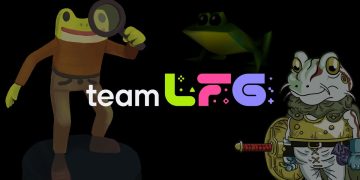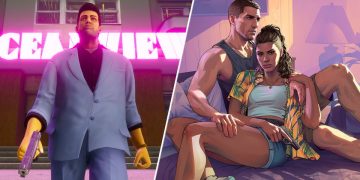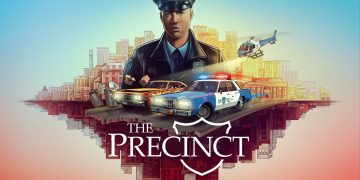Andy Gavin, the co-founder of Naughty Dog alongside Jason Rubin back in 1986, has taken a surprisingly active role on LinkedIn lately, sharing some fascinating tidbits about the company’s early years. Just this week, he detailed how the studio’s finances evolved over time, explaining the escalating costs of developing Naughty Dog’s early video games and how this financial pressure eventually led them to agree to a Sony acquisition come 2000.
“Our games from the early ’80s were pretty budget-friendly,” Gavin shared, noting they cost under $50,000 each. He further discussed how development costs started to ramp up, pointing to “Rings of Power” in the late ’80s, which saw budgets climb to around $100,000. Despite increased expenses, this game generated modest after-tax profits by 1992. In 1993, they reinvested that $100k into a self-funded “Way of the Warrior,” but within a few years, “Crash Bandicoot” had ballooned to a $1.6 million venture. By the time they were developing “Jak and Daxter” from ’99 to ’01, the budget had surged to over $15 million. Fast forward to 2004, and producing AAA titles like “Jak 3” required an eye-watering $45-50 million — a trend that’s only worsened.
Such rising costs set the stage for the Sony acquisition. As Gavin explained, managing these soaring budgets independently was a heavy burden. Selling to Sony wasn’t just a financial safeguard for Naughty Dog, he said; it was about equipping the studio with the necessary resources to keep crafting top-tier games without buckling under overwhelming costs and the fear that a single misstep could spell disaster.
Gavin’s insights have sparked quite the conversation in the comments, drawing responses from others in the gaming industry. James Marcus, a senior artist on “Splitgate 2” for 1047 Games, lamented, “It’s disheartening to see costs rise so steeply. It’s created an environment where many developers either avoid creative risks or sell to major corporations to steer clear of bankruptcy in case a project flops.”
Of course, there are potential downsides when studios get absorbed by big players like Sony. Restructuring and layoffs are real risks; Naughty Dog wasn’t immune, feeling the impact of Sony’s 2024 workforce cuts. Firewalk Studios, creators of “Concord,” didn’t seem to benefit much from Sony’s acquisition in 2023 either. Shortly after the game’s launch, the studio was shut down. So, while being acquired can bring financial stability for some, it’s certainly not a guaranteed win. Nonetheless, there’s no denying the ever-increasing costs of developing AAA video games.















































